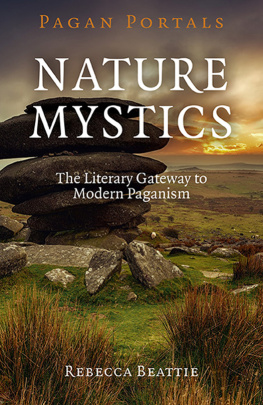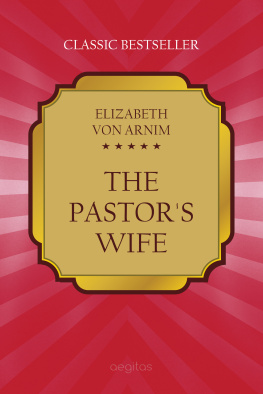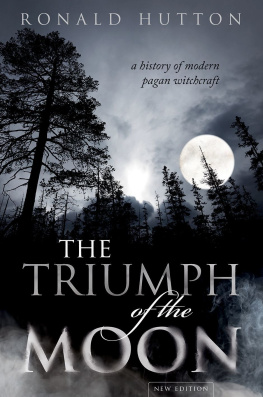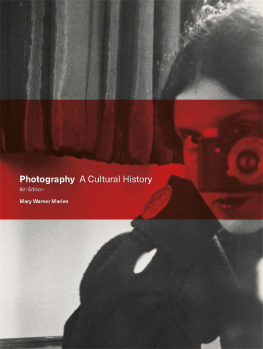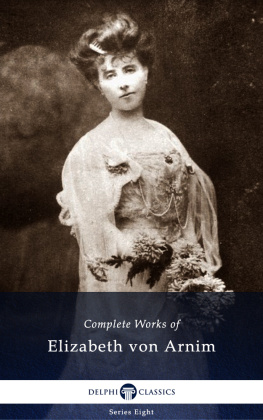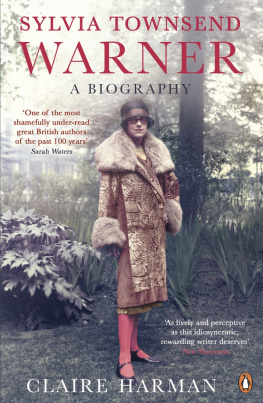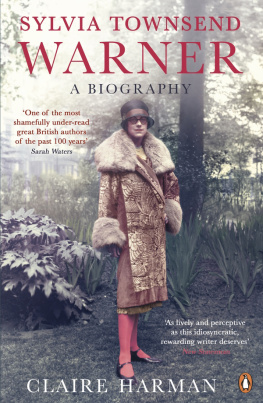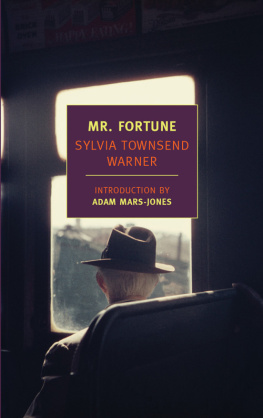Rebecca Beattie - 31 July
Here you can read online Rebecca Beattie - 31 July full text of the book (entire story) in english for free. Download pdf and epub, get meaning, cover and reviews about this ebook. year: 31 July 2015, publisher: Moon Books, genre: Science fiction / Religion. Description of the work, (preface) as well as reviews are available. Best literature library LitArk.com created for fans of good reading and offers a wide selection of genres:
Romance novel
Science fiction
Adventure
Detective
Science
History
Home and family
Prose
Art
Politics
Computer
Non-fiction
Religion
Business
Children
Humor
Choose a favorite category and find really read worthwhile books. Enjoy immersion in the world of imagination, feel the emotions of the characters or learn something new for yourself, make an fascinating discovery.
- Book:31 July
- Author:
- Publisher:Moon Books
- Genre:
- Year:31 July 2015
- Rating:4 / 5
- Favourites:Add to favourites
- Your mark:
- 80
- 1
- 2
- 3
- 4
- 5
31 July: summary, description and annotation
We offer to read an annotation, description, summary or preface (depends on what the author of the book "31 July" wrote himself). If you haven't found the necessary information about the book — write in the comments, we will try to find it.
31 July — read online for free the complete book (whole text) full work
Below is the text of the book, divided by pages. System saving the place of the last page read, allows you to conveniently read the book "31 July" online for free, without having to search again every time where you left off. Put a bookmark, and you can go to the page where you finished reading at any time.
Font size:
Interval:
Bookmark:


First published by Moon Books, 2015
Moon Books is an imprint of John Hunt Publishing Ltd., Laurel House, Station Approach, Alresford, Hants, SO24 9JH, UK
www.johnhuntpublishing.com
www.moon-books.net
For distributor details and how to order please visit the Ordering section on our website.
Text copyright: Rebecca Beattie 2014
ISBN: 978 1 78279 799 9
Library of Congress Control Number: 2015930998
All rights reserved. Except for brief quotations in critical articles or reviews, no part of this book may be reproduced in any manner without prior written permission from the publishers.
The rights of Rebecca Beattie as author have been asserted in accordance with the Copyright, Designs and Patents Act 1988.
A CIP catalogue record for this book is available from the British Library.
Design: Lee Nash
Printed and bound by CPI Group (UK) Ltd, Croydon, CR0 4YY, UK
We operate a distinctive and ethical publishing philosophy in all areas of our business, from our global network of authors to production and worldwide distribution.
For all those Nature Mystics who have come before and continue to inspire us to a spiritual path with their words.
Acknowledgements
This is really my space for thanking the people without whom this book would not have been possible and those who contributed thoughts and ideas along the way. Firstly to Trevor Greenfield at Moon Books for supporting a slightly kookie idea and giving me the space and confidence to develop it in the way that I wanted to. Without Trevors support, this book would probably have not made it through the selection process. Secondly, I would like to thank my familial army of Nature Mystic readers and proofreaders who helped me to read and ensure I was writing what I had intended to write. That army was a small but very efficient one David Beattie, Mary Beattie and Kath Beattie. I also need to thank Lizzie Conrad-Hughes, Nature Mystic extraordinaire, for the many discussions we had in Lincolns Inn Fields about who should be included and who should not. Lizzie contributed many of the ideas for the writers in the series and also edited with zeal and panache. Also thanks to Ewis who doesnt just encourage me in my writing, but takes for granted that I will write lots of books, and inspires me to think the same way too. I must also thank Christina Oakley-Harrington, dear friend and founder of Treadwells Bookshop and Cultural Centre in Bloomsbury, London. Without Christina, I would never have found my words or the confidence to speak them aloud.
I would also like to thank those of you who read the Moon Books Blog on Nature Mystics that led to this becoming a book. You also contributed ideas and thoughts along the way, on who you wanted to read about, and who should not have been forgotten. Keats made it to the final list because of your input, and it was lovely to write a book by way of a two-way conversation.
If you have enjoyed this book and would like to find out more, or for more information about my writing and research, you can find me at
www.rebeccabeattie.co.uk,
on Facebook at
https://www.facebook.com/Rebeccabeattie13
or on Twitter at
https://twitter.com/rebecca_beattie
There is also a collection of photos of our Nature Mystics at
http://uk.pinterest.com/rebeccambeattie/nature-mystics/
Feedback is always a wonderful thing, positive or otherwise. Please do get in touch, as I would love to hear from you. Also, reviews on websites such as Amazon are always really important to a writer, as they can really help other people make the decision to read your work, and will encourage the writer to keep writing! If you have loved this book and would like to help others find it, please do leave reviews on Amazon or on Goodreads or anywhere else you feel able to.
Introduction
When I was fifteen, I fell in love with Kester Woodseaves, who was a weaver. He was everything a young girl just emerging into womanhood could want. He was kind, saw beyond physical imperfections, and recognised the soul beneath. He was infinitely wise: to Kester, caterpillars were butterflies as is to be, he abhorred cruelty in any shape (particularly towards animals) and he recognised the divine influence in nature. There was only one drawback: Kester was in love with Prue Sarn, and they were both perfectly suited to each other. And they were both fictional characters.
Mary Webbs novel Precious Bane tells the story of Prue Sarn: doomed to a facial disfigurement when her mother is cursed by a hare, Prue is taught to read by the local cunning man, since she was believed to be too ugly to marry. But Prue lives in superstitious times, and whispers of witch follow her wherever she goes. Local logic dictates that the outside appearance must be a reflection of what lies within. With her gentle ways and her piercing observations of both nature and human nature, Prue is a character who intrigued me. As a young woman on the path to Modern Paganism, she became someone I could relate to, someone I could look to for inspiration. She saw the world in the same way I did.
While I might never meet them in the flesh, Prue and Kesters story was one I would return to again and again over the years, as it is haunting and very beautiful. Not satisfied with Precious Bane alone, I then turned to every other Mary Webb novel I could find, and discovered that she had written novels, poems and essays, all following the common theme of the healing and inspirational properties of nature, all served up with a large portion of folklore.
Time has inevitably flowed on, and some twenty five years later, I am in the fortunate position of carrying out post graduate research on Mary Webb. One of the most common things said of her is that she was a Nature Mystic, which helps me to make sense of why I was so drawn to her all those years ago. A Nature Mystic, simply put, is someone who has mystical experiences in nature, or connects to the divine through nature, and uses that connection as fuel for inspiration. The sense of what that divine looks like may change from Nature Mystic to Nature Mystic, but their sense of the sacred value of the natural world is less likely to. This undoubtedly has much in common with the myriad pagan paths (although Nature Mystics can come from any religious background and are not bound by any one particular belief system). The difficulty I had in the early days of my research, was in knowing how to place Mary Webb amongst her peers. She does not meet the usual standards required for traditional classification in literature. While her contemporaries were immersed in urban Modernism, Webb was steadfastly rural; while traditionally rural writers looked back to the past for their belief systems, Webb wrote about distinctly modern themes like sex without marriage, and the role of women in society. And all with an undeniable, unmistakable undercurrent of the occult that cannot be ignored. Webb is a distinctly lunar-shaped peg in a world of square holes.
In my search to place Mary Webb, I became curious, and my research also led me to look at other writers. Who else wrote like Webb? Which other writers were also Nature Mystics? (Or at least, if not strictly Nature Mystics, then deeply inspired by nature.) Who else wrote about nature in the very moving way that Webb did? Rather unsurprisingly, there are many authors with a deep tie to the natural world. Webb wrote in the early twentieth century, and bucked the trend of her Modernist contemporaries (like Virginia Woolf and F. Scott Fitzgerald) by sticking to her rural roots in Shropshire, although she lived in London for a time. Her predecessors and influences could be seen to be the Romantic writers, such as Wordsworth, Coleridge and Keats, or Thomas Hardy, so that was where my trail started. But along the way I discovered a few surprises, and a few writers (like Webb) who had largely been forgotten over the years. I realised that the writers I was exploring were significant for several reasons. Not only did all of the writers (except Keats) bridge the gap between the Victorian period and Modernism (two very different zeitgeists), but they also showed signs of being proto-pagan. The writers were too early to be considered Modern Pagans since they were writing before the rise of Modern Paganism that was heralded by the repeal of the Witchcraft Act in 1951, or the publication of Gerald Gardners
Font size:
Interval:
Bookmark:
Similar books «31 July»
Look at similar books to 31 July. We have selected literature similar in name and meaning in the hope of providing readers with more options to find new, interesting, not yet read works.
Discussion, reviews of the book 31 July and just readers' own opinions. Leave your comments, write what you think about the work, its meaning or the main characters. Specify what exactly you liked and what you didn't like, and why you think so.

